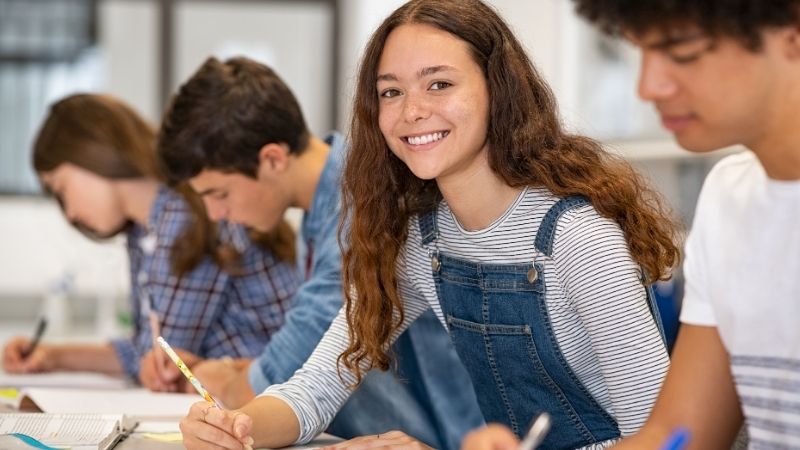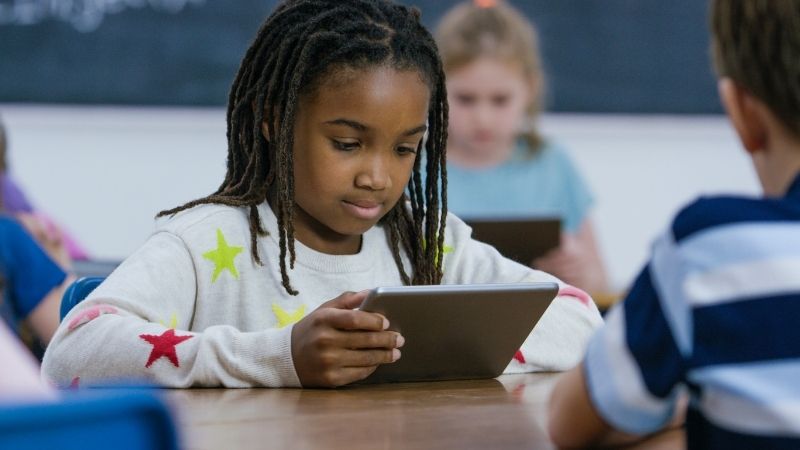
High school teachers play a crucial role in shaping the minds of young individuals, providing them with knowledge and skills necessary for their future endeavors.
With an emphasis on qualifications, teaching methods, professional development, parent-teacher meetings, and the involvement of subject specialists, this article explores the multifaceted aspects of high school teaching.
By examining these key areas objectively and informatively, readers will gain a comprehensive understanding of the significant impact teachers have on students' academic success and personal growth.
Key Takeaways
- Teaching experience has a significant impact on high school student performance.
- Highly qualified teachers possess the knowledge and skills necessary to create engaging learning environments.
- Interactive learning and personalized instruction contribute to well-rounded individuals prepared for future success.
- Continuous professional development ensures high-quality teaching practices.
The Importance of Qualifications in High School Teaching
The qualifications of high school teachers play a crucial role in their effectiveness and ability to meet the academic needs of students. Research has consistently shown that teaching experience has a significant impact on high school student performance.
Teachers with more experience tend to have better classroom management skills, a deeper understanding of subject matter, and are better equipped to differentiate instruction to meet the diverse needs of students.
Furthermore, teacher qualifications have been found to be positively correlated with student motivation. Highly qualified teachers possess the knowledge and skills necessary to create engaging and stimulating learning environments, which can inspire students to actively participate in their education.
Therefore, it is essential for schools to prioritize hiring and retaining highly qualified teachers who can make a positive impact on student achievement and motivation.

Effective Teaching Methods for High School Students
Effective teaching methods for high school students involve the use of various instructional strategies that cater to diverse learning styles and promote active student engagement. These methods include:
Interactive Learning:
Incorporating technology such as interactive whiteboards and online educational platforms.
Encouraging group discussions, debates, and collaborative projects to foster critical thinking skills.
Personalized Instruction:
Assessing students' prior knowledge and tailoring lessons accordingly.
Providing individualized feedback and support to address specific learning needs.

By implementing these strategies, teachers can create a dynamic classroom environment where students actively participate in their own education. This approach not only enhances understanding but also encourages creativity, problem-solving abilities, and effective communication skills.
Furthermore, it empowers students by acknowledging their unique strengths and challenges, promoting a sense of ownership over their learning journey. Ultimately, interactive learning and personalized instruction contribute to the development of well-rounded individuals who are prepared for future success in an ever-evolving world.
Continuous Professional Development for High School Teachers
Continuous professional development for high school teachers involves engaging in ongoing training and educational opportunities to enhance their knowledge, skills, and pedagogical practices.
One important aspect of professional development is teacher collaboration. Collaborating with colleagues allows teachers to share ideas, strategies, and resources, ultimately improving their instruction. Through collaborative efforts, teachers can learn from each other's experiences and gain insights into effective teaching practices.
Additionally, technology integration plays a crucial role in the continuous professional development of high school teachers. As technology continues to evolve, it is essential for educators to stay updated on the latest tools and resources available to enhance student learning. Technology integration workshops and courses provide opportunities for teachers to explore new digital tools and strategies that can be incorporated into their lesson plans.
Enhancing Student Success Through Parent-Teacher Meetings
Collaboration between parents and teachers is a valuable strategy for fostering student success. The impact of communication and building strong relationships between these two parties can greatly enhance the educational experience for students. When parents and teachers work together, they create a supportive environment that promotes academic growth and emotional well-being.
Through regular parent-teacher meetings, both parties can share important information about the student's progress, strengths, and areas for improvement. These meetings allow parents to gain insight into their child's academic journey and provide an opportunity for teachers to address any concerns or challenges they may have observed. Additionally, parent-teacher meetings foster open lines of communication where strategies can be discussed to support the student's learning at home.

The Role of Subject Specialists in High School Education
Subject specialists play a crucial role in providing specialized knowledge and expertise to high school students. These professionals contribute to the overall quality of education by offering advanced instruction in specific subjects, enhancing collaborative learning environments, and facilitating individualized instruction.
Collaborative learning is fostered through subject specialists who encourage students to work together, engage in discussions, and share ideas related to their field of expertise. By doing so, they promote critical thinking, problem-solving skills, and deeper understanding of the subject matter.
Additionally, subject specialists provide individualized instruction by assessing each student's strengths and weaknesses and tailoring their teaching methods accordingly. This personalized approach helps students grasp complex concepts more effectively and allows for targeted support where it is most needed.
Through their extensive knowledge base and commitment to student success, subject specialists significantly contribute to the educational experience of high school students.
Frequently Asked Questions
How Long Does It Typically Take for a High School Teacher to Obtain Their Qualifications?
The length of time it takes for a high school teacher to obtain their qualifications varies depending on the specific requirements set by the educational institution or governing body overseeing teacher certification.
What Are Some Examples of Teaching Methods That Are Not Effective for High School Students?
Some examples of ineffective teaching methods for high school students include lecture-based instruction, rote memorization, and lack of student engagement. Research indicates that a strong teacher-student relationship is crucial for student success.
Can High School Teachers Choose Their Own Professional Development Opportunities, or Are They Assigned by the School?
Professional development opportunities for high school teachers can be selected by the school or assigned to them. The choice of professional development is often influenced by the needs of the students and the goals of the school.

How Often Do Parent-Teacher Meetings Typically Occur in High School?
The frequency of parent-teacher meetings in high school varies, but they typically occur at least once or twice a year. These meetings provide opportunities for communication between parents and teachers, allowing them to discuss student progress and address any concerns.
Do Subject Specialists Only Work With Struggling Students, or Do They Also Support High-Achieving Students?
Subject specialists in high schools not only work with struggling students but also support high-achieving students. By providing specialized instruction and resources, they aim to maximize their impact and contribute to the success of all students.
 Careers in EducationElementary EducationHigh School EducationEducational TechnologyTeaching StrategiesSpecial EducationPrivacy PolicyTerms And Conditions
Careers in EducationElementary EducationHigh School EducationEducational TechnologyTeaching StrategiesSpecial EducationPrivacy PolicyTerms And Conditions
